The EU-MERCOSUR Agreement is not only a trade deal but also a symbol of cooperation between the global North and South.
Gisreportsonline recently published an article about the European Union (EU) and the South American Common Market (MERCOSUR) negotiating a Free Trade Agreement (FTA) for more than two decades and the two sides may soon agree to ratify this FTA despite many obstacles.
Open the door to cooperation
Accordingly, FTA negotiations between the EU and MERCOSUR have been taking place since 1999, with the implementation of the draft agreement signed in 2019, but have so far been stalled.
Argentina, Brazil, Paraguay and Uruguay founded MERCOSUR in 1991 through the Treaty of Asuncion, with the aim of promoting free trade and the movement of goods, people and capital among member states. The initiative was launched following the re-democratisation processes in South America and was seen as a way to strengthen economic and political ties in the region.
In 2024, the Bolivian Senate voted to approve the protocol for the country to become a member (Venezuela is also a full member, but has been suspended since December 2016).
During the 1990s and early 2000s, MERCOSUR made significant progress in reducing tariffs and promoting economic integration among member states.
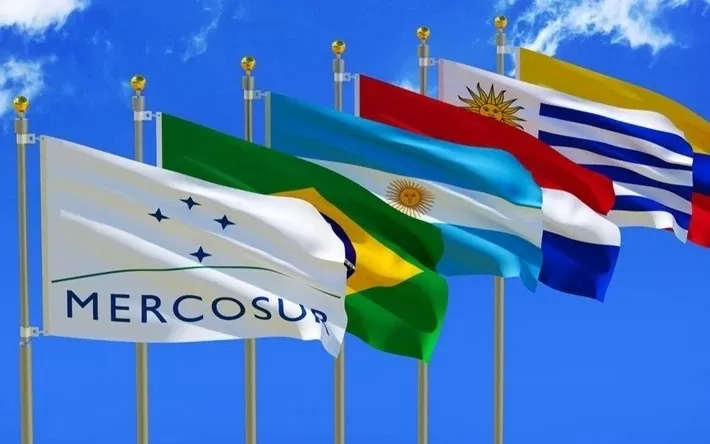 |
| MERCOSUR is a historic achievement for the region and one of the important milestones for Latin American economic integration. Photo: Rio Times |
Although MERCOSUR has signed several trade agreements with countries such as Egypt, India and Israel, it has yet to reach free trade agreements with the world's largest economies, the US, China and the EU.
Trade agreement negotiations between MERCOSUR and the EU began in 1999 and are among the longest in recent history. The goal is to create a comprehensive free trade agreement that covers not only goods and services, but also investment, public procurement and intellectual property rights. Both sides see potential benefits.
For MERCOSUR it would mean increased access to the EU’s large consumer market and advanced technology, and for the EU it would mean expanded opportunities in developing South American economies. In Mercosur countries, an FTA with the EU could bring tangible economic benefits and encourage further economic and political integration, strengthening Latin America’s position in global affairs.
However, negotiations have been hampered by opposition from European farmers, who are wary of cheap imports from Latin America, or environmental concerns…. Meanwhile in South America, there are concerns about the impact of the deal on local industries and the FTA is unlikely to gain support from free trade skeptics.
Forced to look elsewhere for free trade agreements, the EU has signed formal agreements with two Latin American groups, the Caribbean Forum (Cariforum) and the Central American Association, a multilateral trade agreement with three members of the Andean Community (Colombia, Ecuador and Peru), and bilateral agreements with Chile and Mexico.
If ratified, the EU-MERCOSUR agreement would create a market of more than 750 million consumers – nearly 10% of the world’s population – and nearly 20% of global GDP. In terms of population, it would also be the largest trade deal ever reached between the EU and MERCOSUR.
Specifically, this FTA eliminates tariffs on more than 90% of MERCOSUR's exports to the EU, allowing increased access to the European market for MERCOSUR agricultural products such as beef, poultry, sugar and ethanol, while benefiting EU manufacturers looking to increase exports with tariff cuts on cars, car parts, chemicals, machinery and textiles. According to the European Commission (EC), this FTA could save 4.5 billion Euros in annual tariffs.
Potential Deal
Brazilian President Lula and European Commission President Ursula von der Leyen met at the United Nations in September and said they had resolved some differences in negotiations between the two blocs, making ratification of the deal the most likely outcome.
The deal could be passed partly because a qualified majority of at least 15 EU states – which would then need to be ratified by the European Parliament – means that the absence of support from France and Austria (if any) would not pose a threat. Meanwhile, Paraguayan President Pena and even Argentine President Milei could be persuaded to sign on to the deal based on the trade possibilities it could open up.
Experts say the EU-MERCOSUR trade deal is of great significance for global geopolitics. It could boost trade flows, economic integration and political relations between Europe and South America, potentially leading to increased cooperation on other global issues.
However, analysts say there is still a possibility that the deal remains in limbo.
Given the two decades of negotiations and then five years of non-ratification, that status quo could continue. It is also possible that the presidents of MERCOSUR member states failed to reach an internal decision on the agreement, thus delaying the issue until there is greater ideological cohesion within the group.
Source: https://congthuong.vn/thoa-thuan-thuong-mai-eu-mercosur-gioo-mam-hop-tac-toan-cau-363991.html



![[Photo] Vietnamese rescue team shares the loss with people in Myanmar earthquake area](https://vstatic.vietnam.vn/vietnam/resource/IMAGE/2025/4/6/ae4b9ffa12e14861b77db38293ba1c1d)
![[Photo] Solemn Hung King's Death Anniversary in France](https://vstatic.vietnam.vn/vietnam/resource/IMAGE/2025/4/6/786a6458bc274de5abe24c2ea3587979)
![[Photo] Prime Minister Pham Minh Chinh chairs the regular Government meeting in March](https://vstatic.vietnam.vn/vietnam/resource/IMAGE/2025/4/6/8393ea0517b54f6791237802fe46343b)

![[Photo] Military doctors in the epicenter of Myanmar](https://vstatic.vietnam.vn/vietnam/resource/IMAGE/2025/4/6/fccc76d89b12455c86e813ae7564a0af)



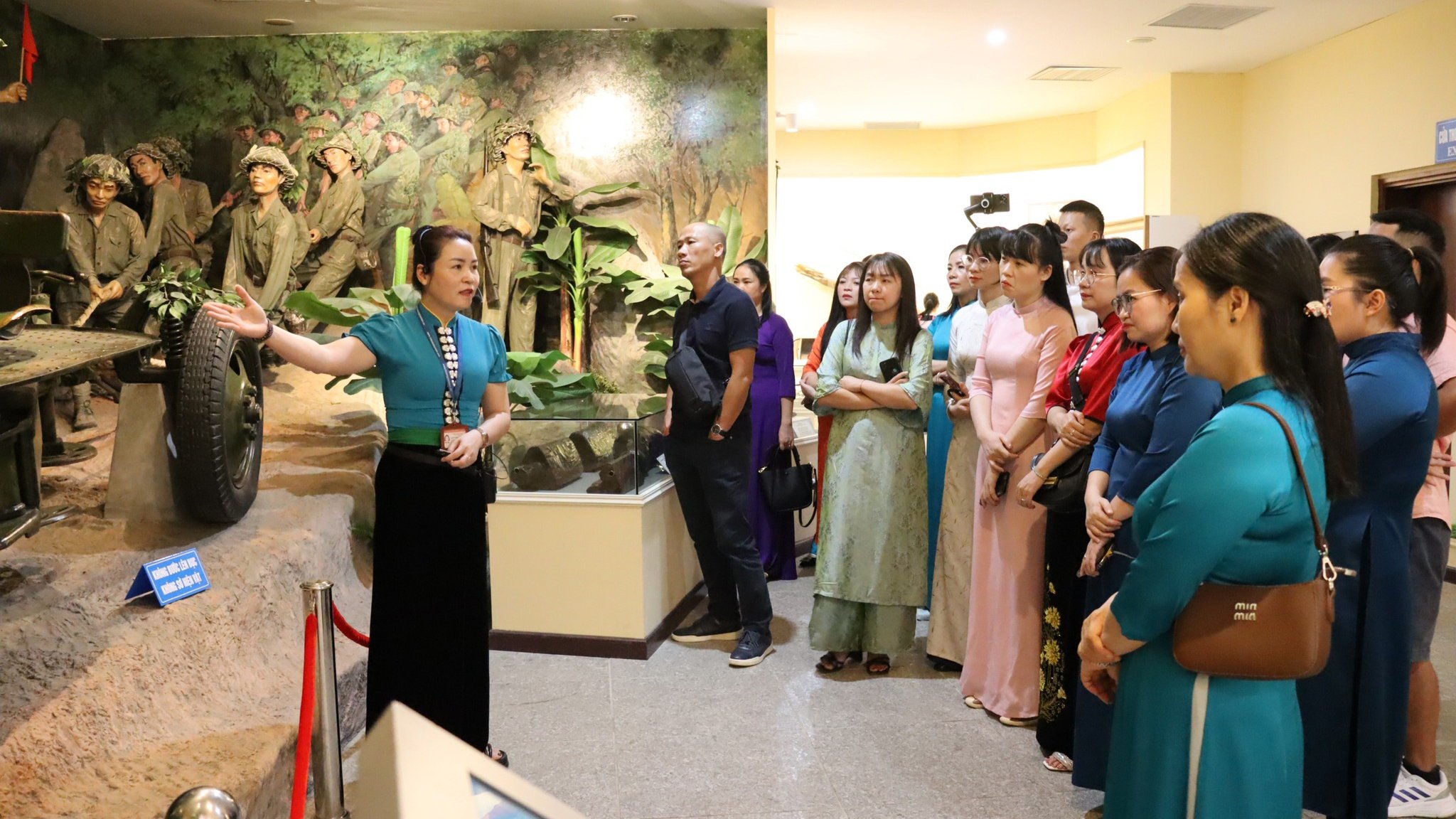
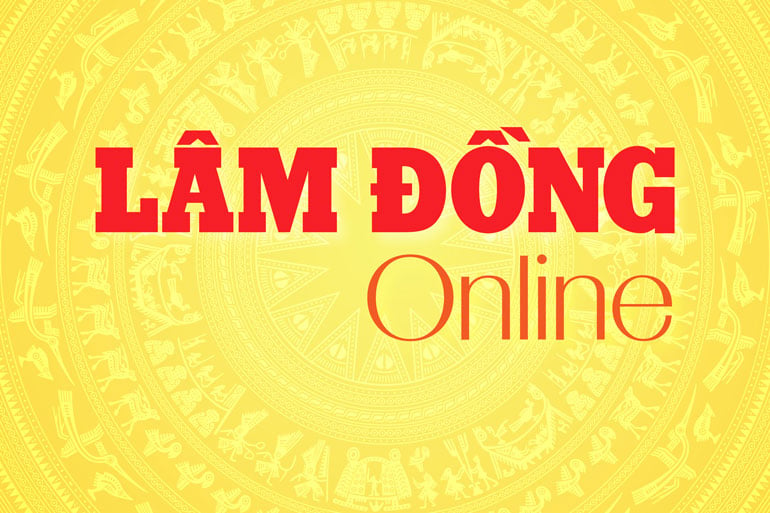
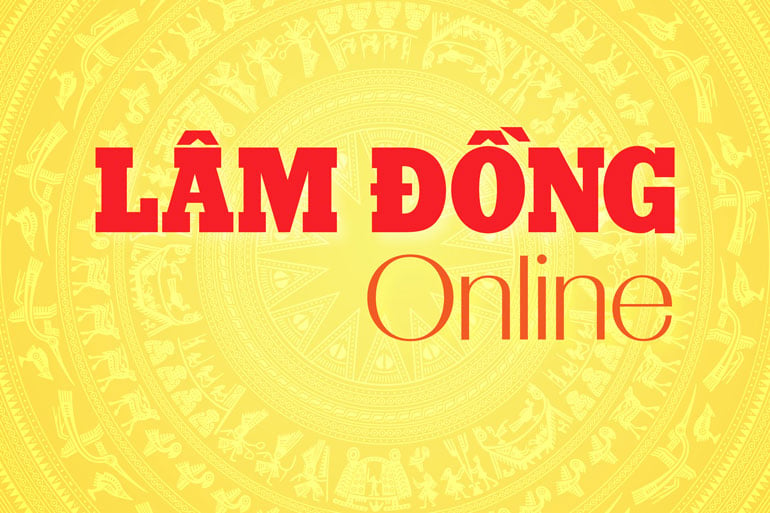
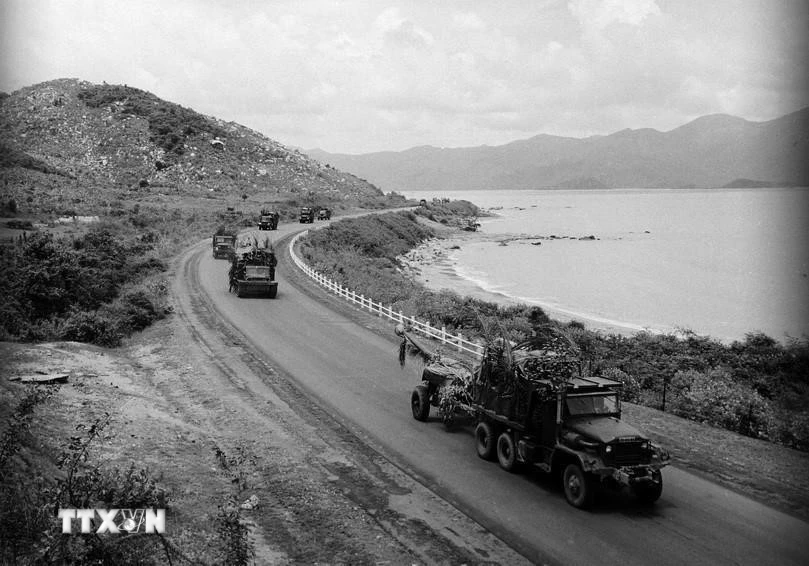


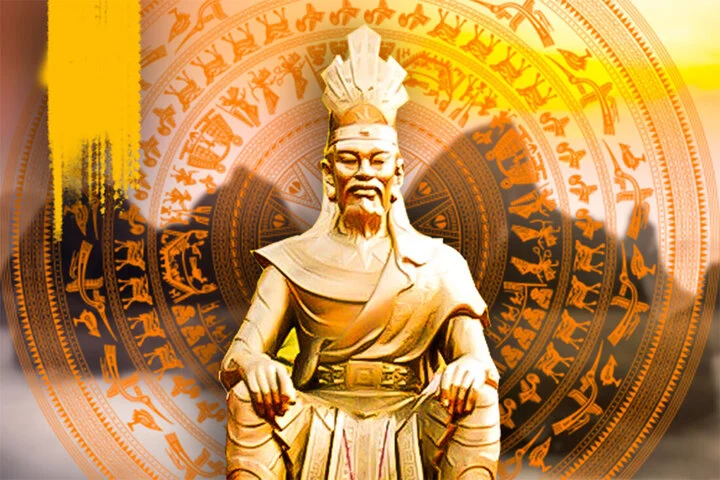



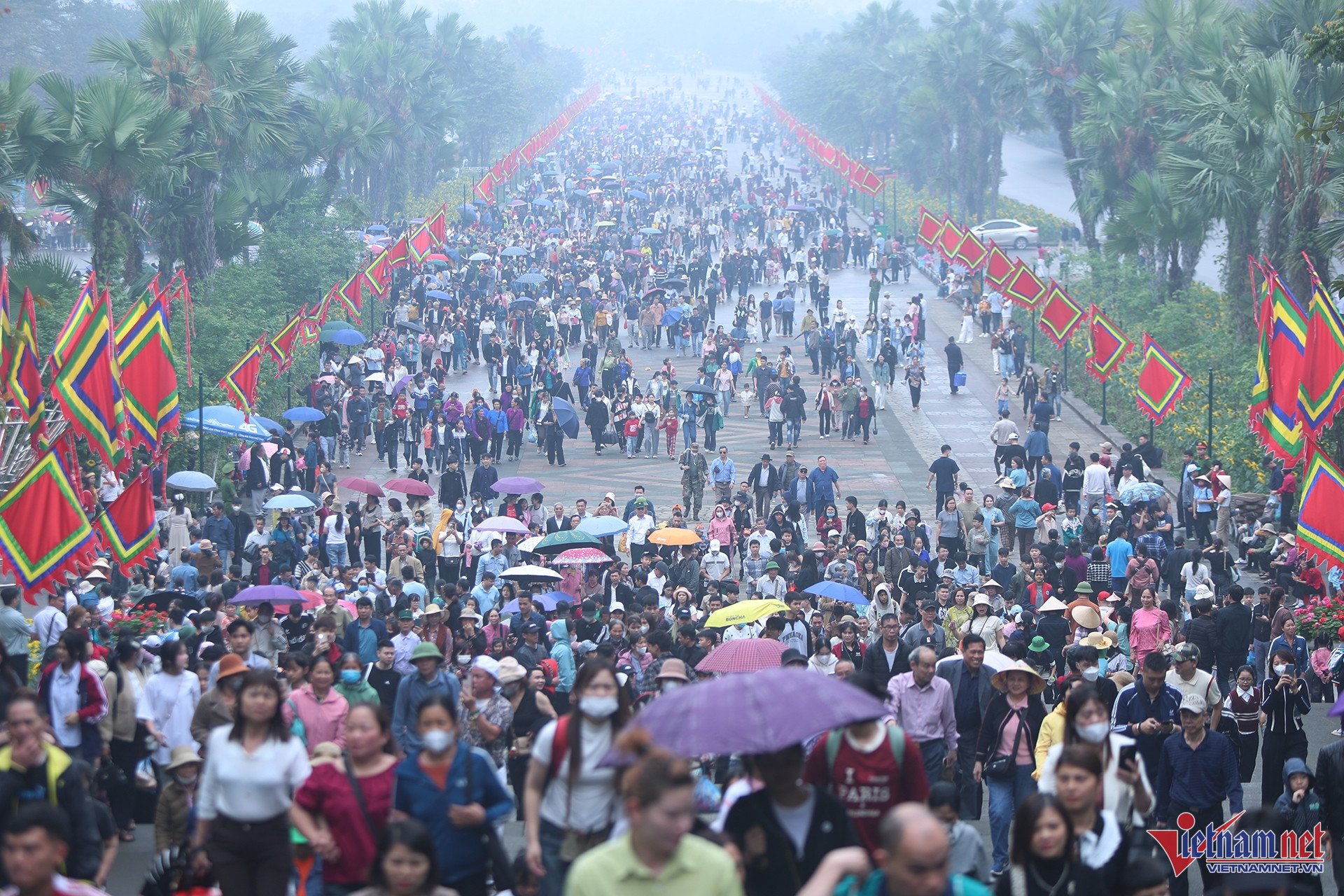



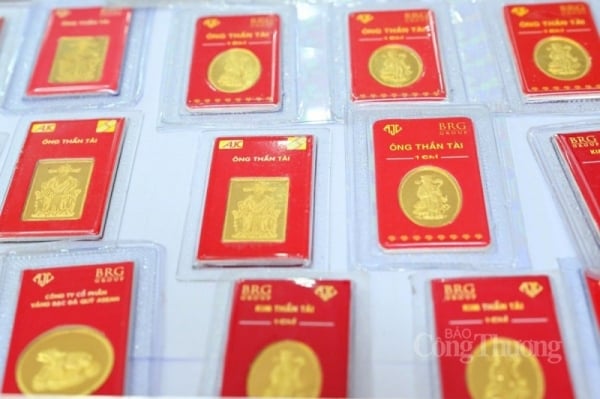



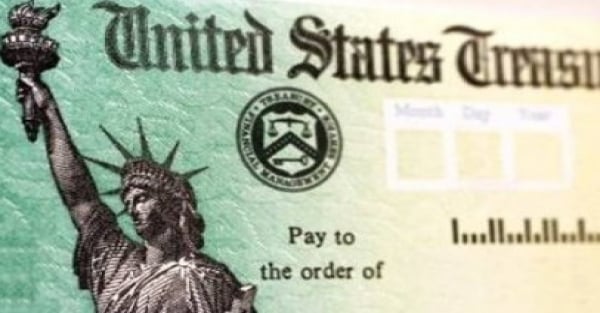


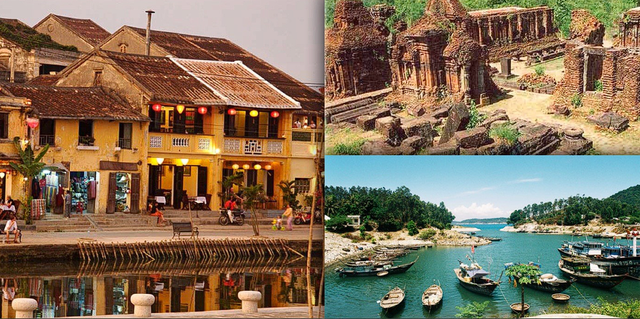

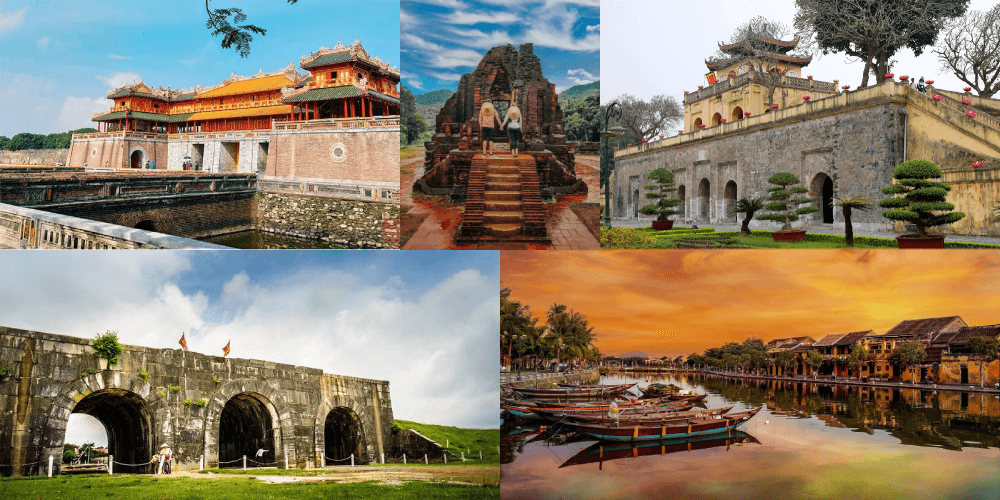







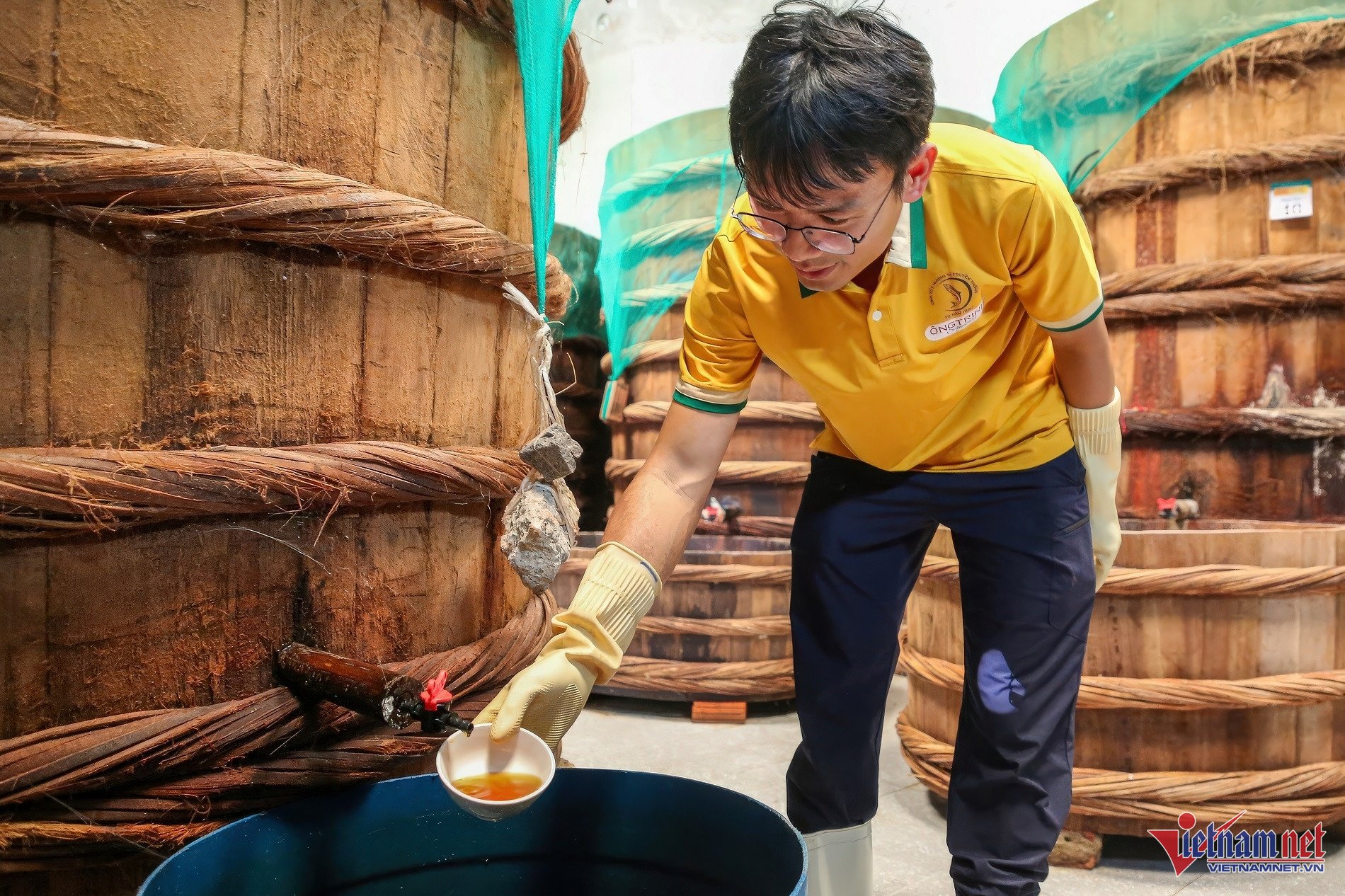







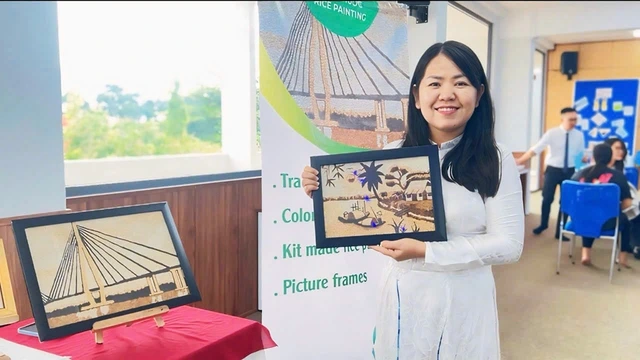


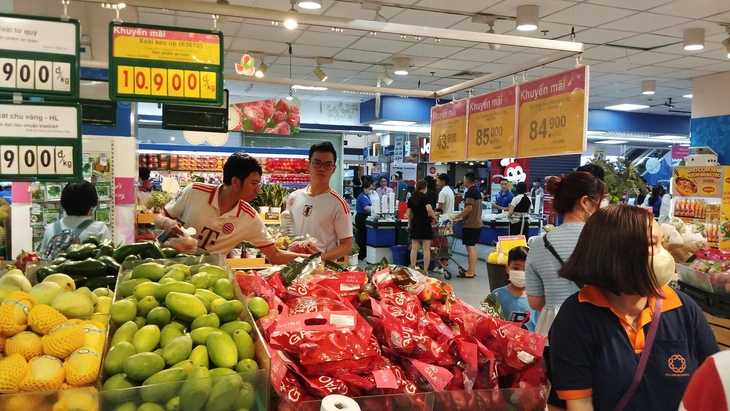


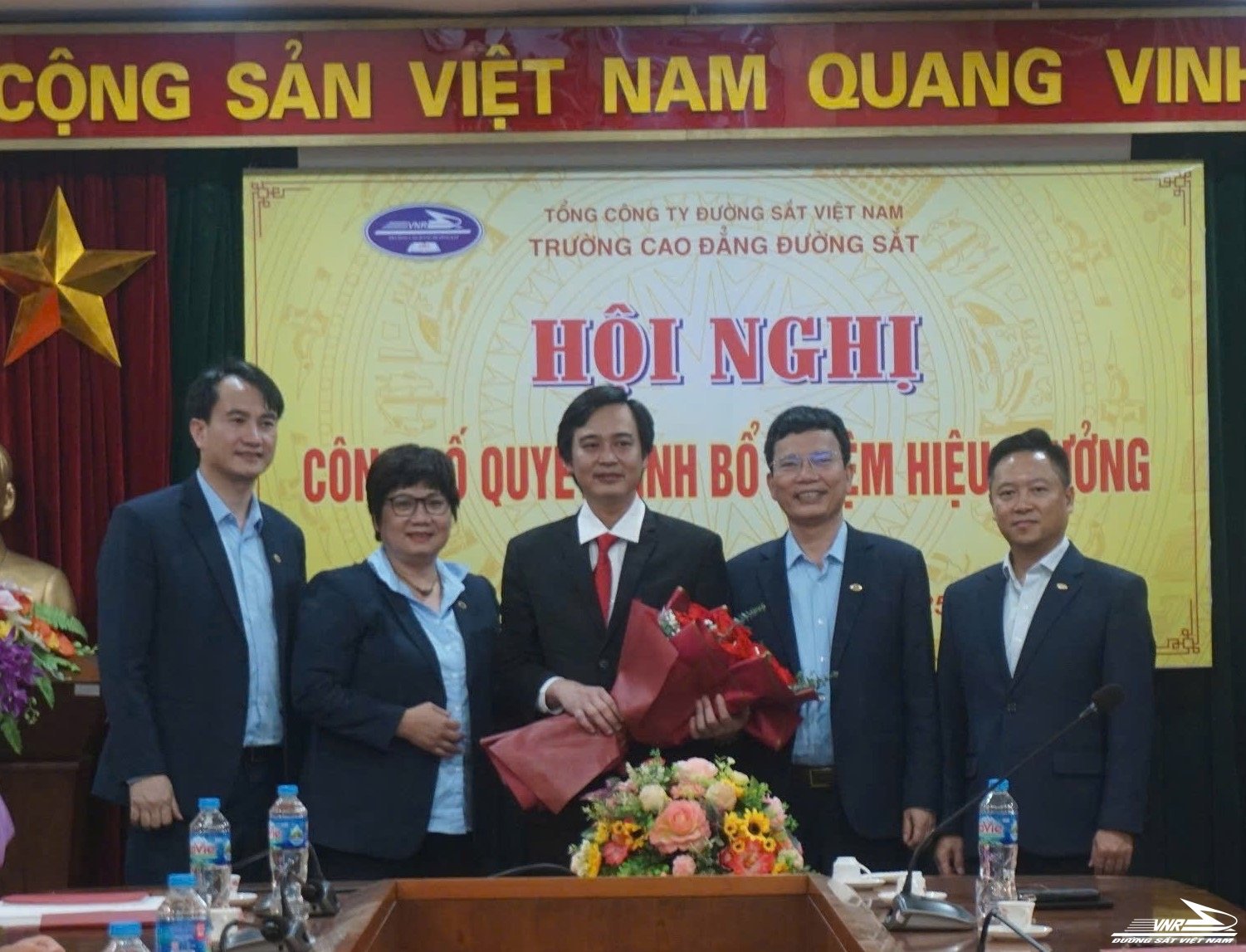
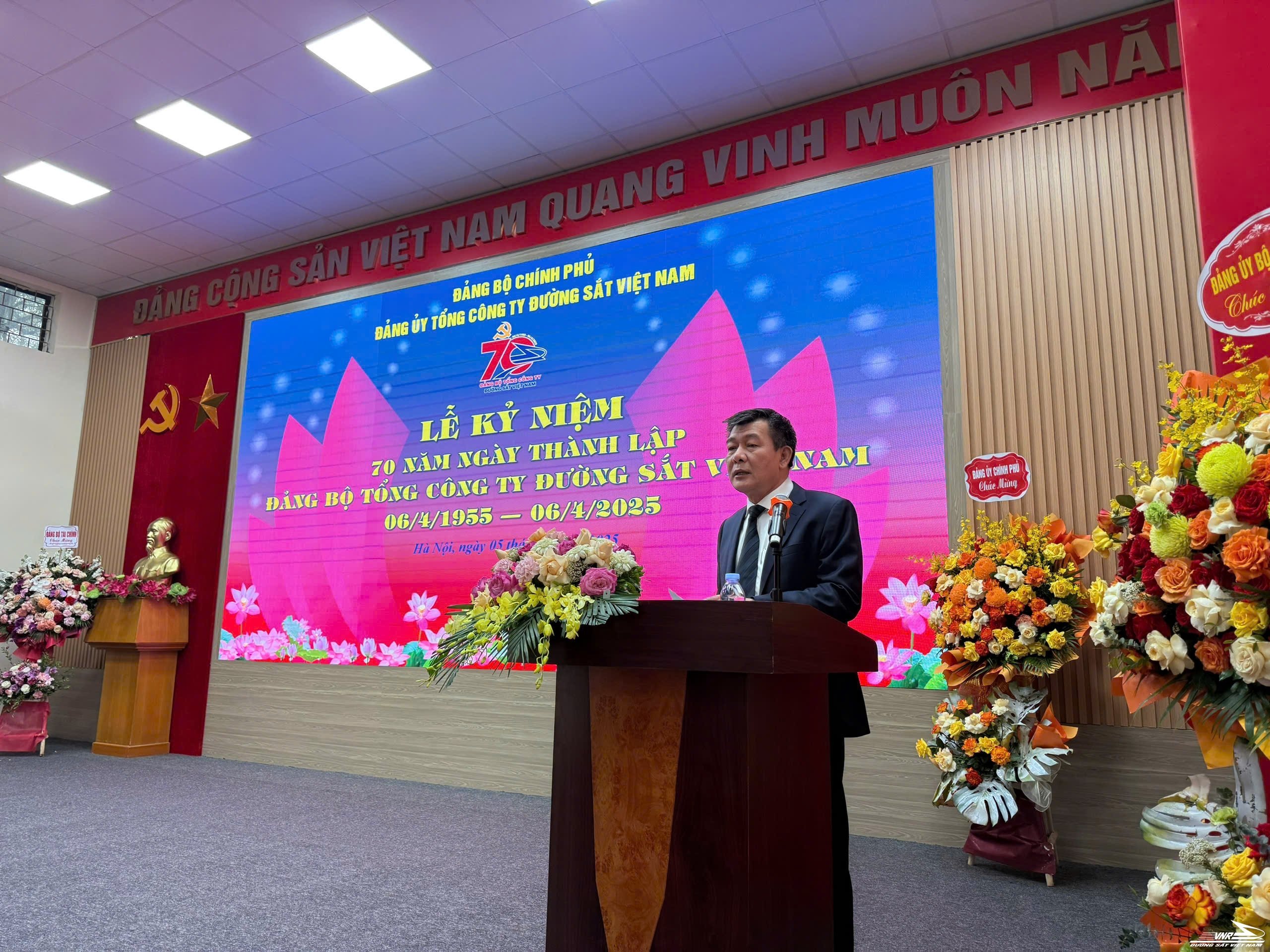
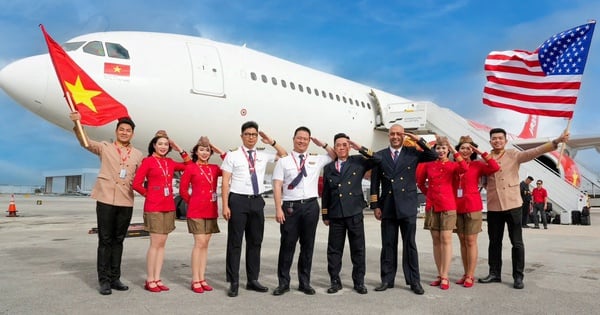

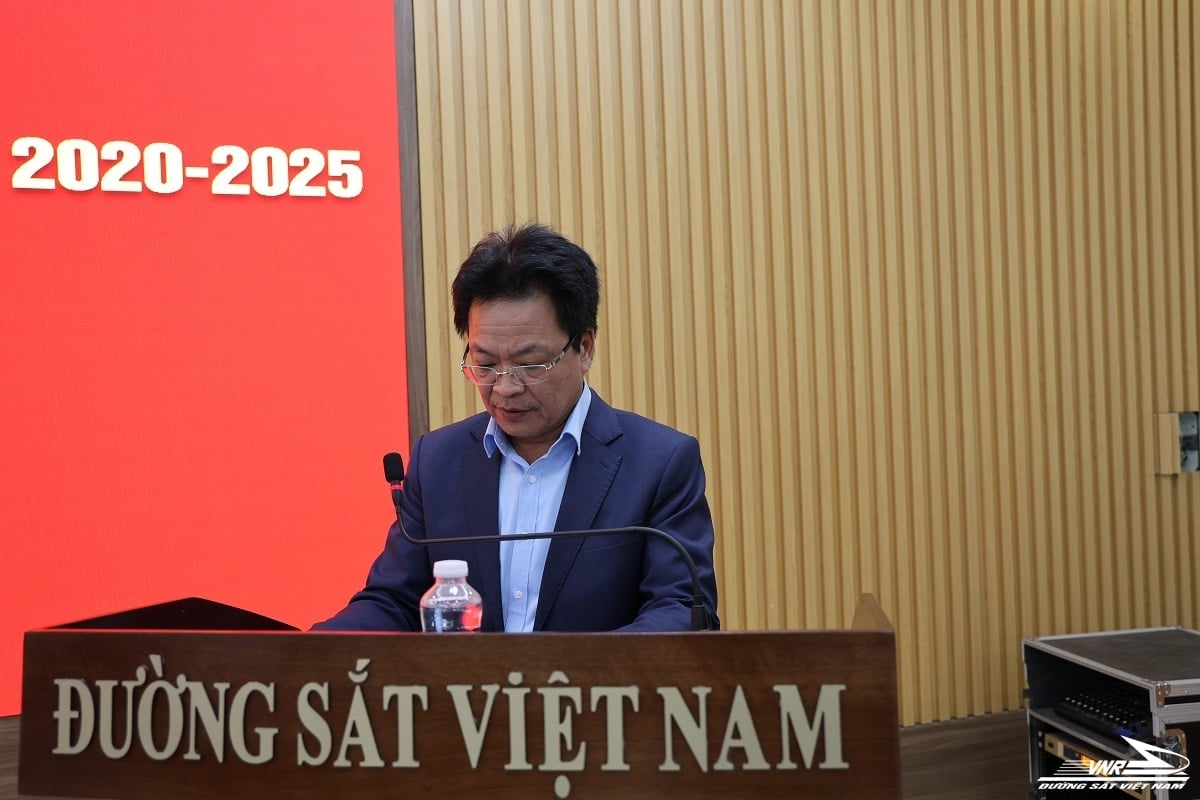
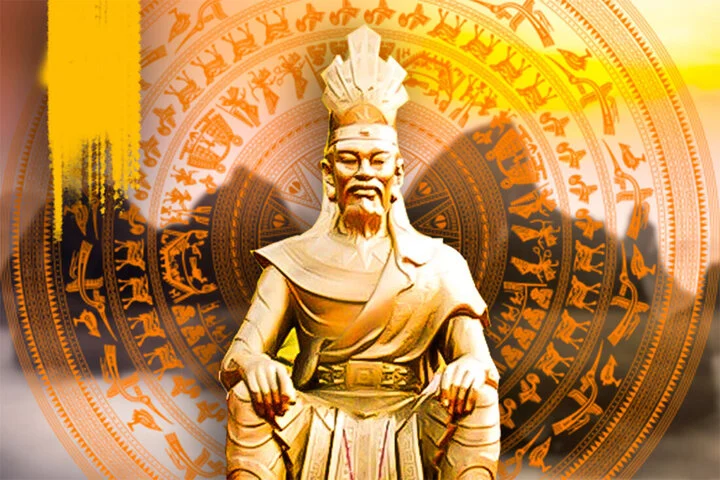
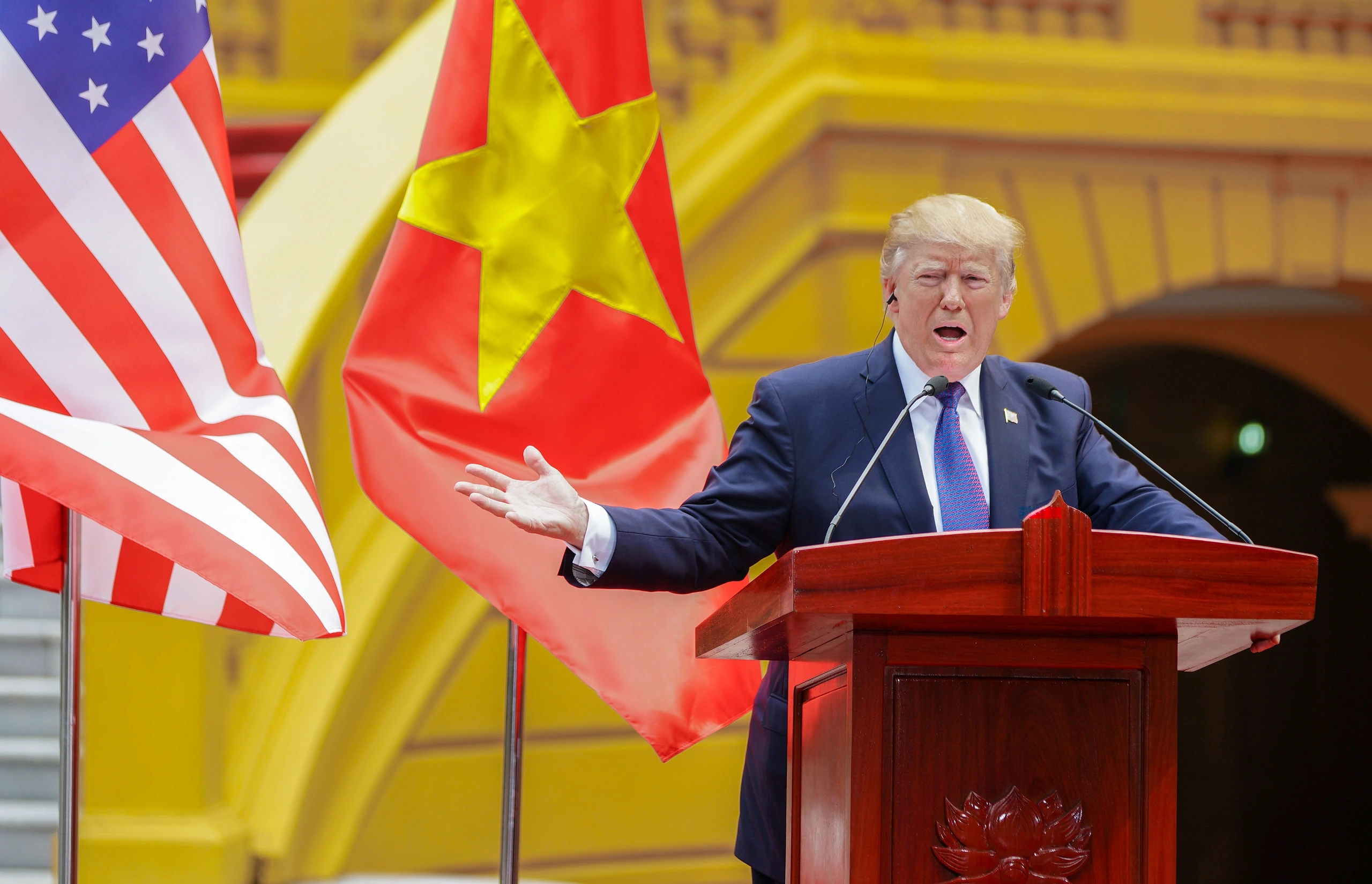
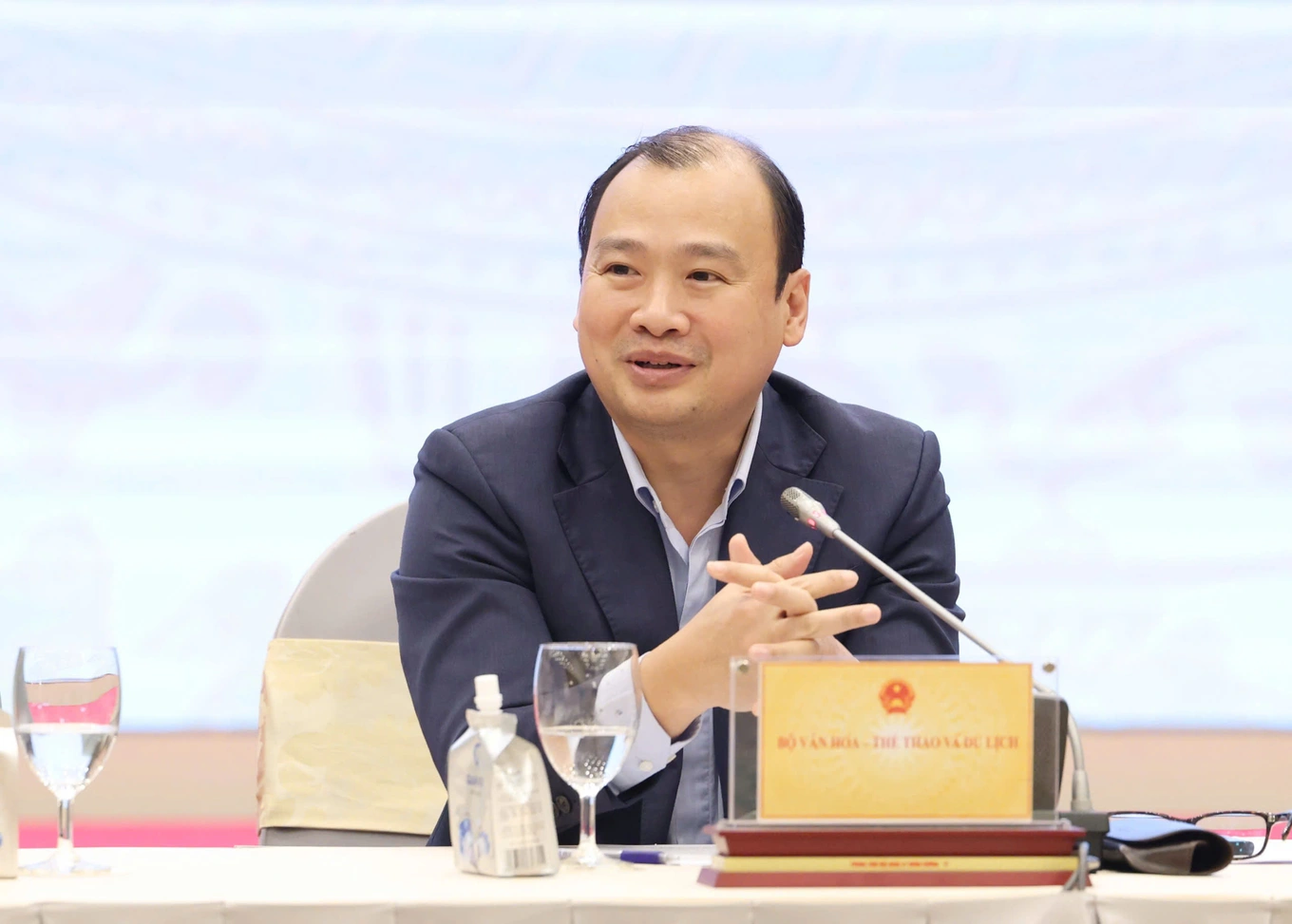

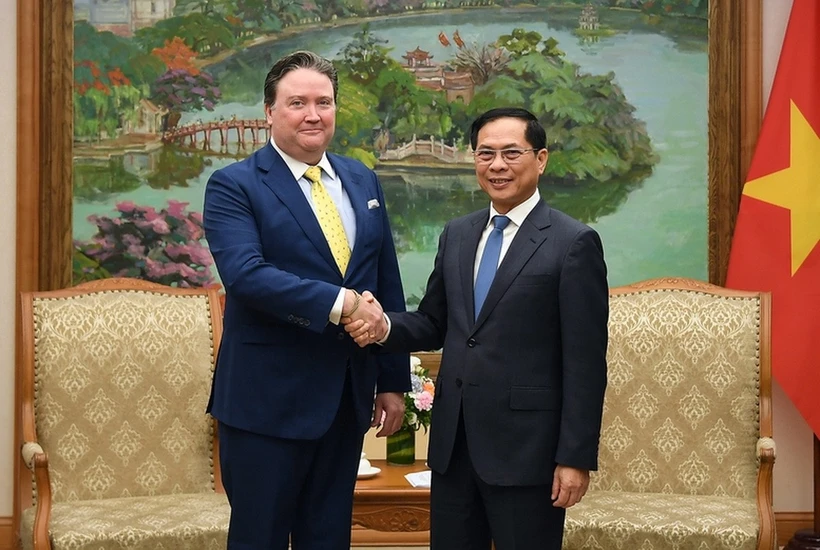












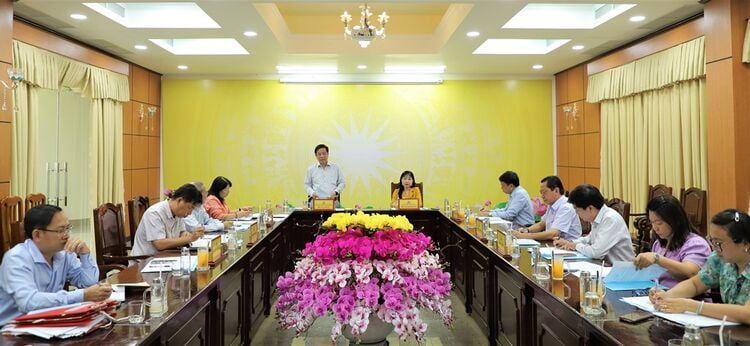

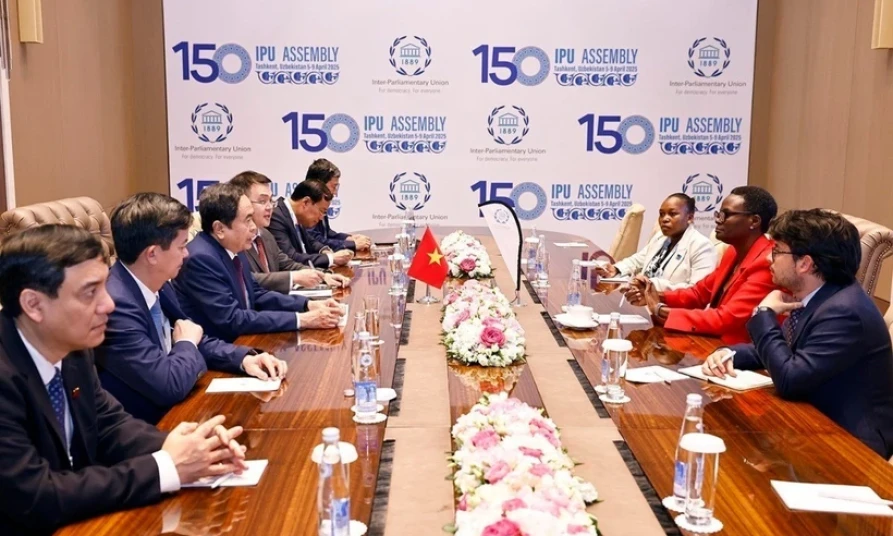


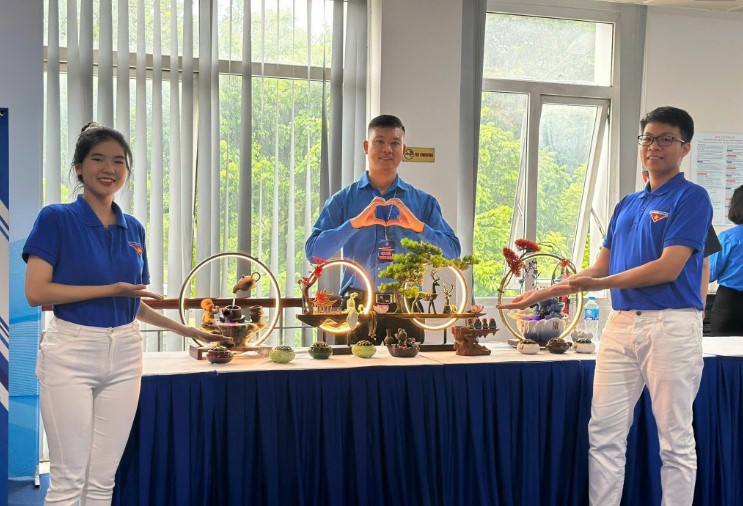



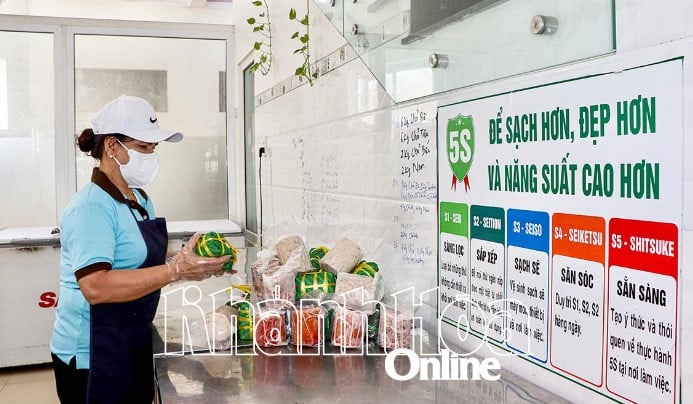

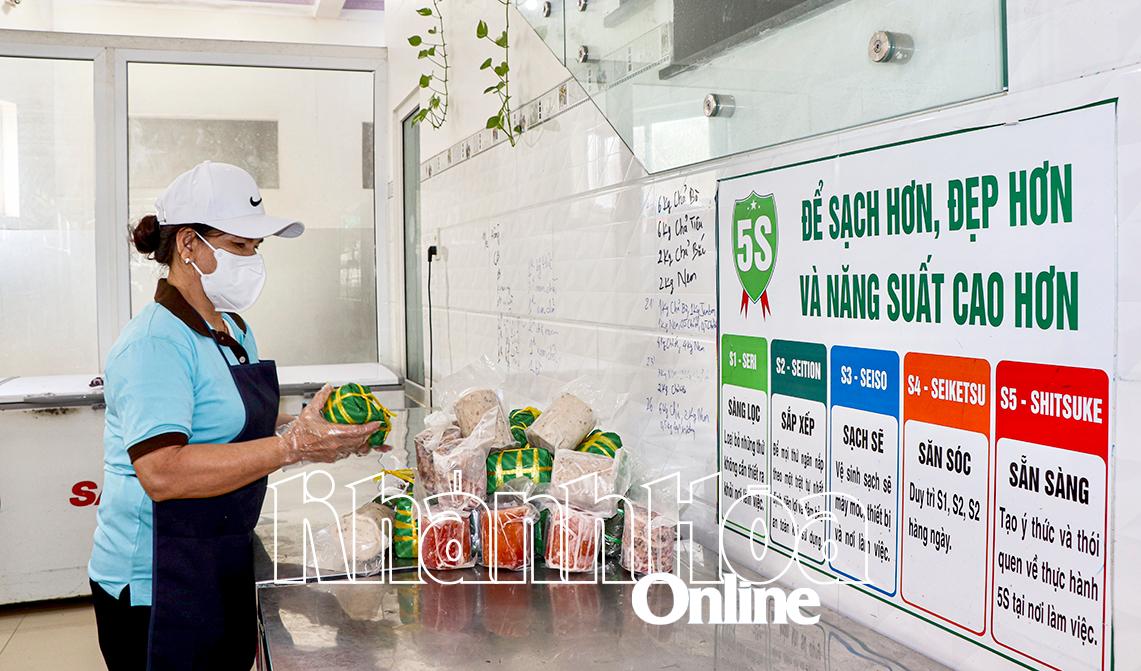
Comment (0)